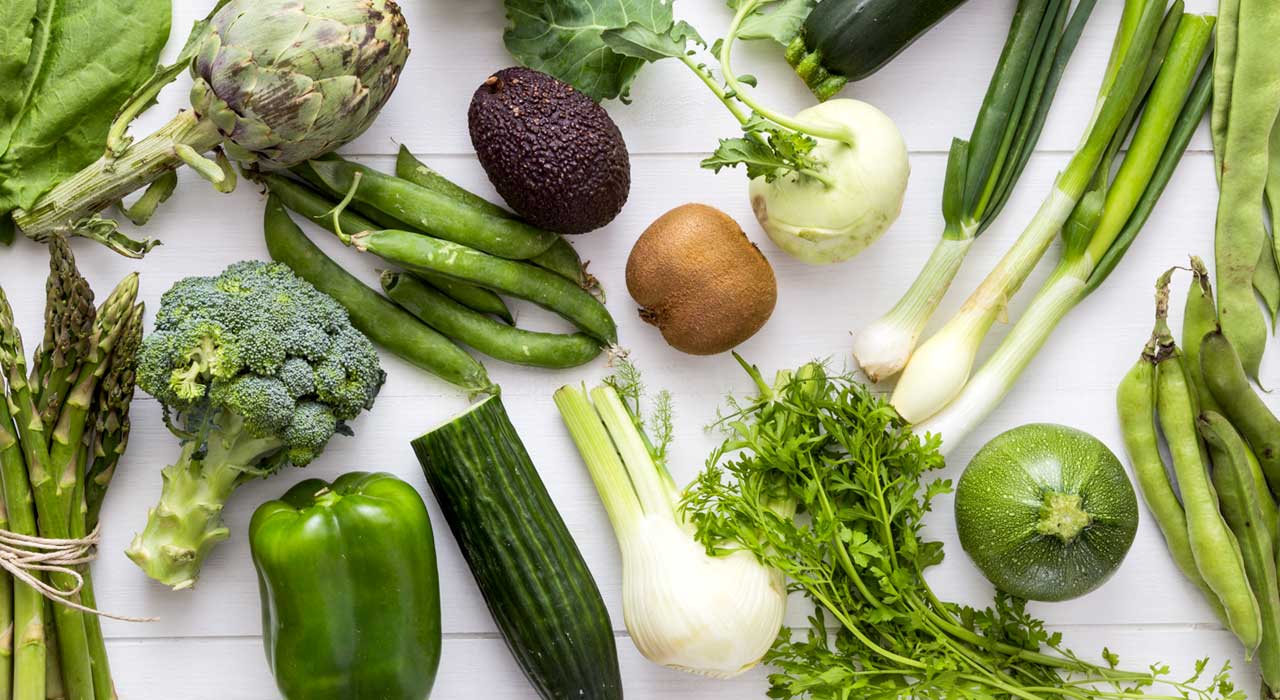Nutrition
This Is Why You Should Go Organic
It’s no secret that organic food can be considerably more expensive than non-organic alternatives, sometimes as much as 300%. But, the question still begs, why are people buying it?
The truth is, we all want high quality produce, right? So, why not pay for quality? You’re not only improving yourself but the environment as well, especially since organic farming is more eco-friendly.
With a little effort, it is possible to find affordable organic produce at places such as Walmart and Farmers’ markets. Just this week, I bought organic lemons that were priced exactly the same as non-organic lemons.
When looking at differences between, organic and non-organic produce, we need to look beyond the price. Organic produce requires organic farming. With that comes numerous regulations and rules to follow, including the absence of chemicals, formulated petroleum-based or sewage sludge-based fertilizers, growth stimulants, antibiotics, or pesticides used.

There are very few studies on this topic but if consuming organic is better for you, we need to know why. While most studies conclude that consuming organic doesn’t make a difference, not enough have explored the long-term benefits and the very real dangers of pesticides.
Pesticides are used across the United States to protect a variety of crops. Exposure to these pesticides most commonly happens through either consumption of produce or exposure when applying them. Current studies are limited and only look at pesticide exposure at occupational level, such as farm workers.
– RELATED: 4 Essential Rules For Eating Clean –
Prolonged exposure to pesticides results in several symptoms. Some of these symptoms fall under acute exposure, for example during the process of pesticide application, or chronic exposure, for those individuals that make a career out of pesticide application.
According to Cornell University, a few acute symptoms include: anxiety, nausea, dizziness, headache, irritation of the skin, eyes, nose and throat and confusion. Chronic exposure involves skin conditions, birth defects, respiratory problems and even cancer.

Of course, we are all at risk to symptoms and illnesses from pesticide exposure, but children and fetuses are most vulnerable. Evidence has shown being exposed to high amounts of pesticides at an early age, for example developing children, can be at risk of harming their immune system, autism, behavioral disorders, developmental delays, and motor dysfunction. The other group that are particularly vulnerable include pregnant and nursing women.
If you don’t want to have an organic overhaul, consider the specific crops that are highly recommended. Food items included in this are the following: blueberries, lettuce, nectarines, strawberries, spinach, peaches, celery, grapes, sweet bell peppers, apples, cucumbers and potatoes.
If your health matters to you then you should consider consuming more organic food as it can help you avoid the risks of consuming pesticides, as well as support the organic farmers out there who try to ensure our food is safe and healthy.
For nutritional tips straight to your inbox, sign up for the TRAIN for HER newsletter today!






















